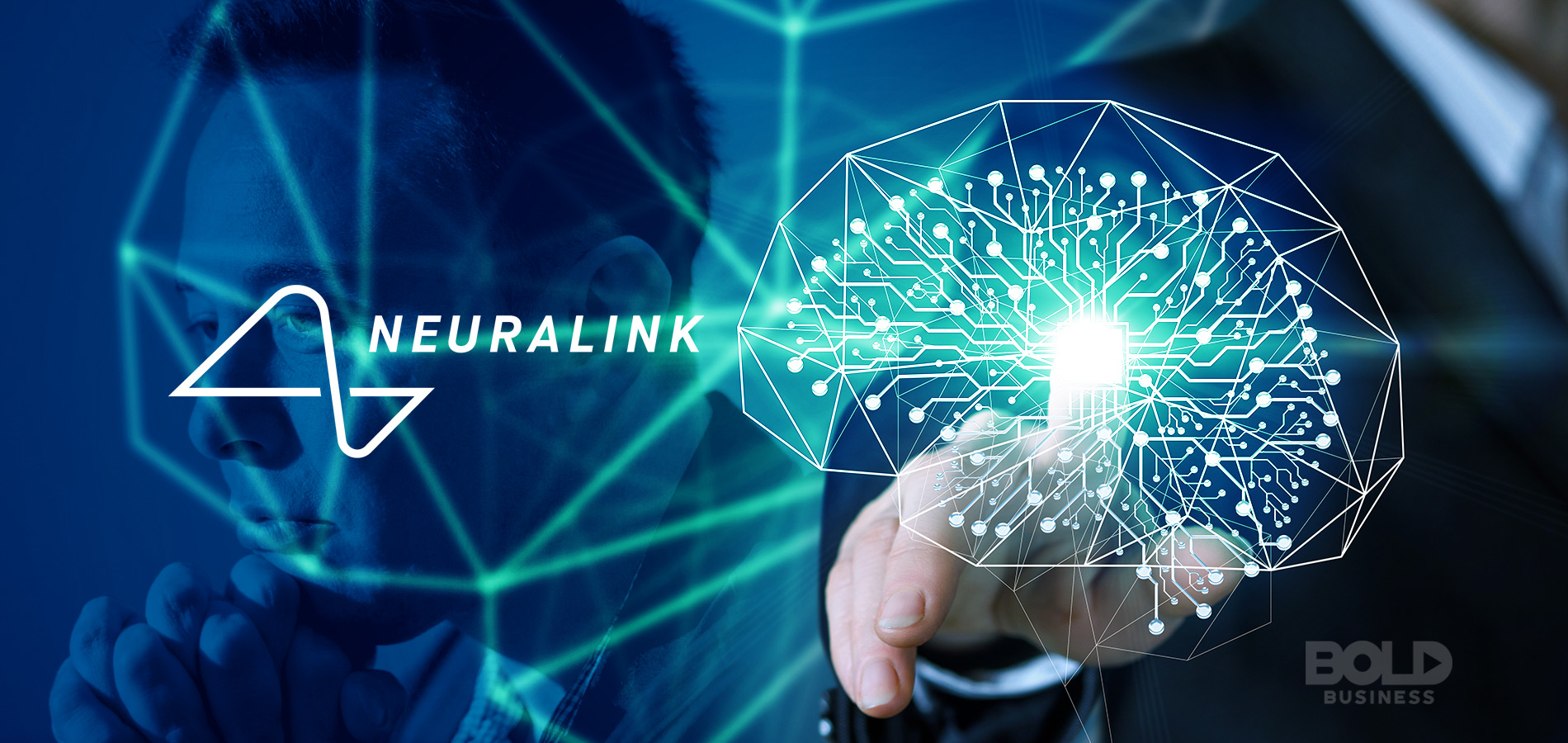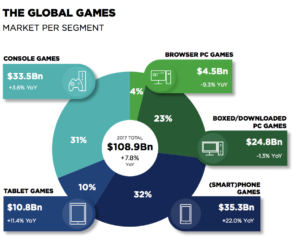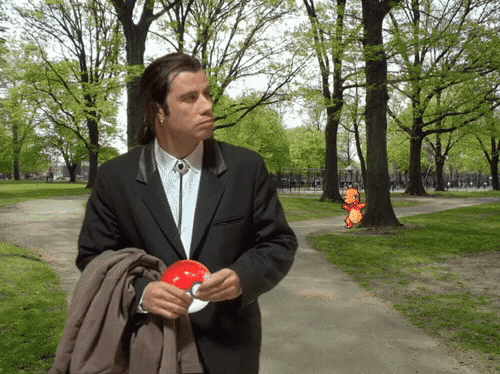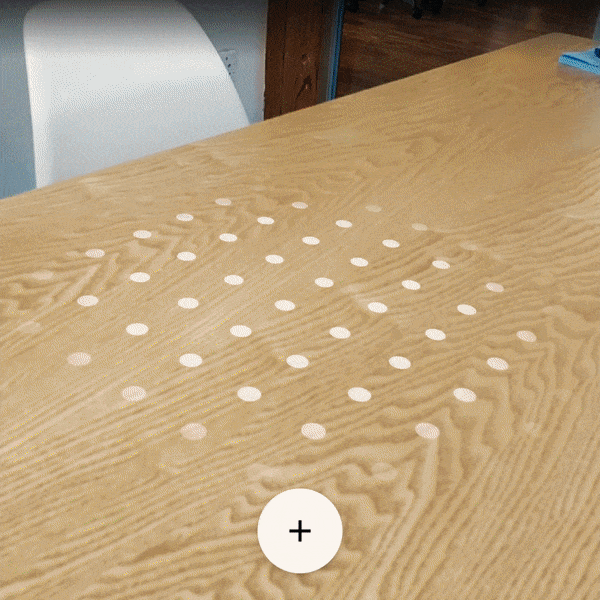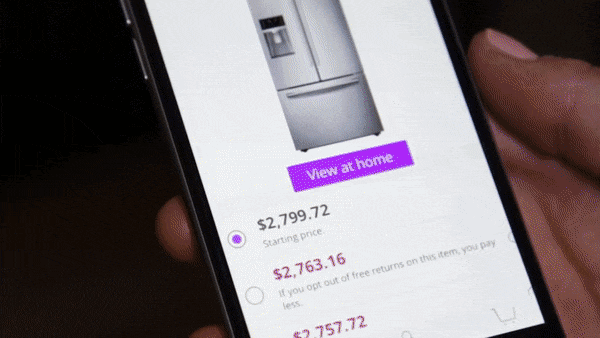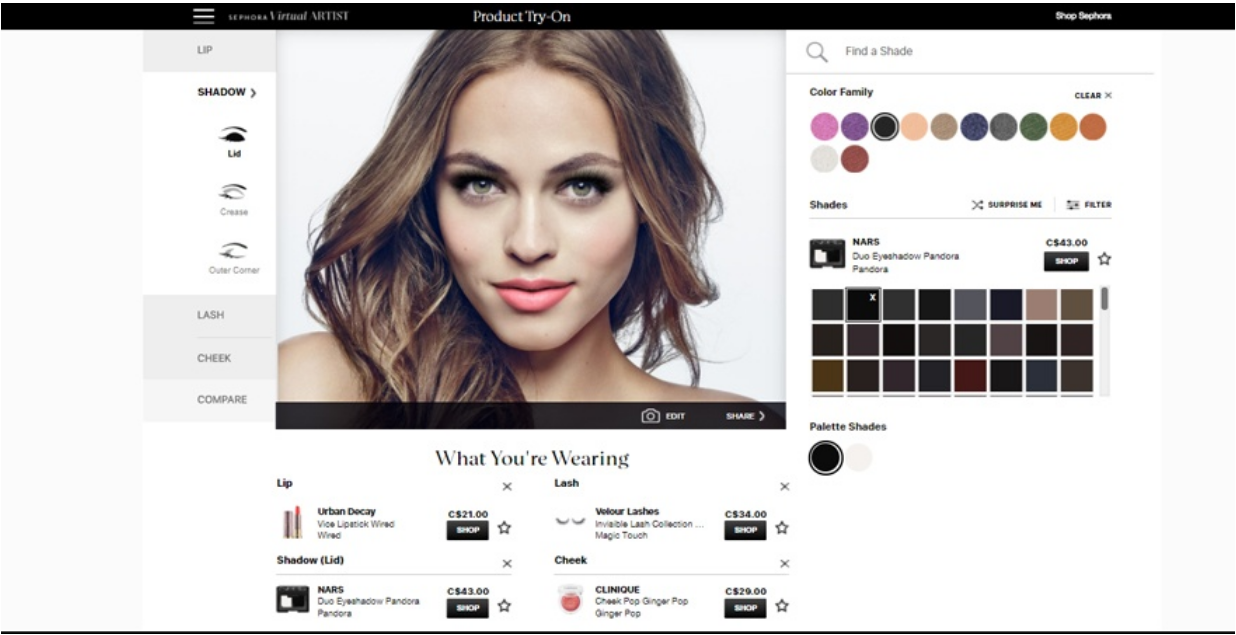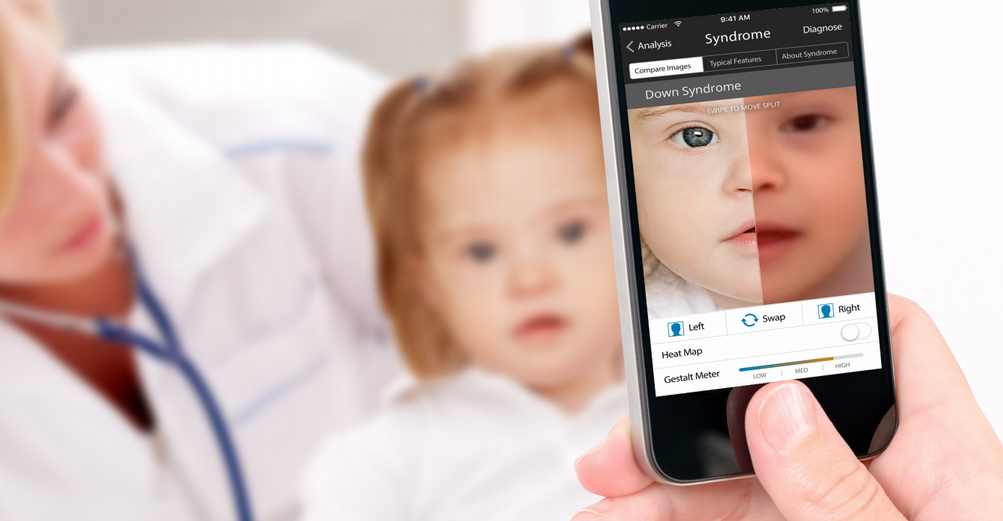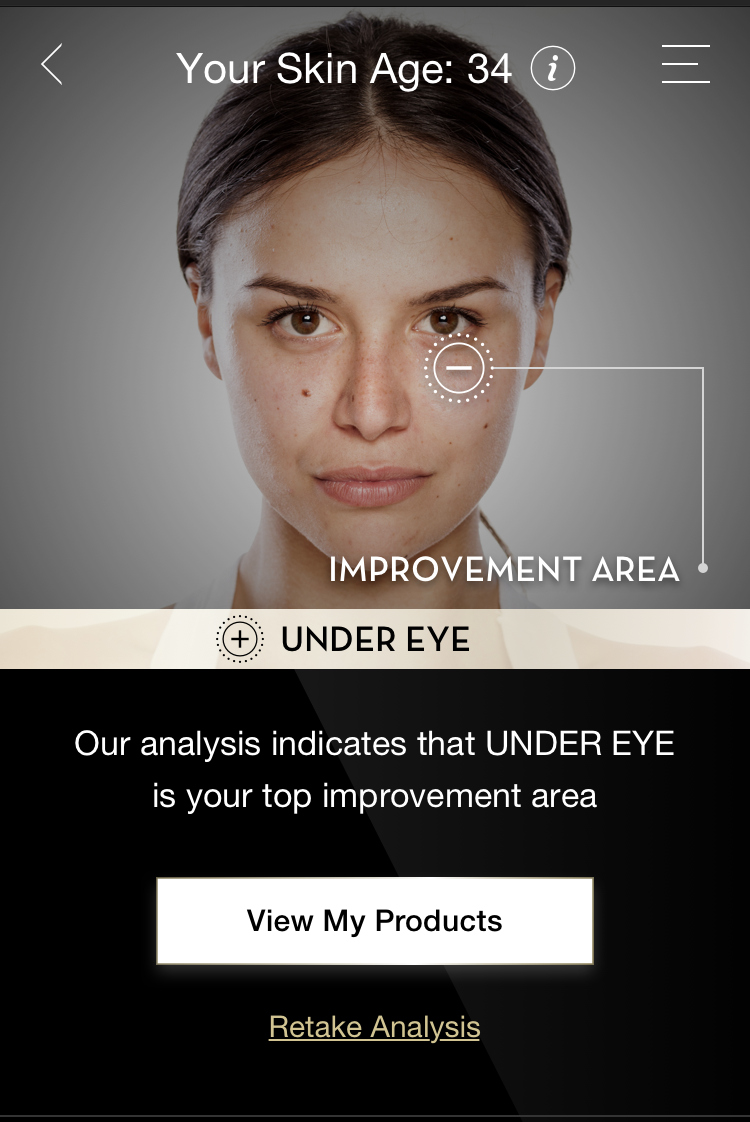We all know the basic ingredients and calories table which are provided on our food.
Some countries have stricter regulations and some less strict. France, for example, requires companies to have a disclaimer when advertising a product with a lot of sugar, salt, etc.
Mc Donald’s and many other companies even advertise that their meat comes from local farmers.
So we basically know what’s in our product and sometimes also from where it is.
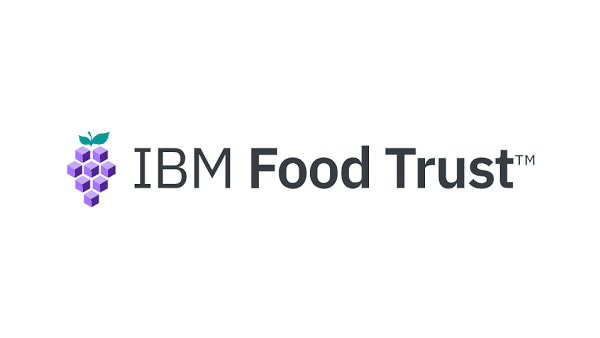
However, IBM is going one big step further. IBM Food Trust wants to give the customer much more information through the use of blockchain.
In the future, a French company Labeyrie will sell salmon from the Norwegian company Mitsubishi subsidiary Cermaq with an exact record tracking the salmon from egg to packaged in the supermarket. In the shop, the customers can then check everything from health, the diet the fish got, medication, and many other things by simply scanning a QR code.
Hard Fork announced recently that Nestlé, the leading food brand, joined forces with French retailer Carrefour to place baby milk formula on the blockchain, using IBM Food Trust as well.
To be more exact, Nestlé wants to provide the customer with all those information for two products, the GUIGOZ Bio 2 and 3 infant milk.
Carrefour even announced that they want to put a minimum of 20 percent of its “in-house” products on the blockchain by next year (2020).
JD.com, a popular online retailer from China, doubled the sales of its free-range chicken and attributed this success to the blockchain technology of IBM Food Trust.
And also, Auchan sells carrots, which are on the blockchain.
And I believe it’s safe to say that many more big companies will jump on this train.
I personally think that it is an awesome thing to know where your food is coming from and what we actually consume. IBM itself says in the trailer of IBM Food Trust that “The World Health Organisation estimates 600 million people fall ill after eating contaminated food, and  420.000 people die every year.” Where I myself see a problem is that sometimes animals do need medications because of same like us humans, they can get sick. But if you are completely honest to yourself, which would you choose, the healthy chicken or the one who got antibiotics? The consequence of that in the long-term is that when an animal is sick, it doesn’t get treated but simply killed because from there on it would be just a high cost for the treatment, food, transportation, etc. just to throw the meat in the end into the trash. It doesn’t only sound sad, but as we all know, more food waste also means that we are harming our planet and, therefore, ourselves.
420.000 people die every year.” Where I myself see a problem is that sometimes animals do need medications because of same like us humans, they can get sick. But if you are completely honest to yourself, which would you choose, the healthy chicken or the one who got antibiotics? The consequence of that in the long-term is that when an animal is sick, it doesn’t get treated but simply killed because from there on it would be just a high cost for the treatment, food, transportation, etc. just to throw the meat in the end into the trash. It doesn’t only sound sad, but as we all know, more food waste also means that we are harming our planet and, therefore, ourselves.
Sources:
https://thenextweb.com/hardfork/2019/11/15/nestle-carrefour-baby-milk-blockchain-ibm-food-trust/
https://thenextweb.com/hardfork/2019/04/17/carrefour-blockchain-cryptocurrency-tracking/
http://brandsparency.blogspot.com/2015/07/the-surprising-reality-of-food-waste-in.html

